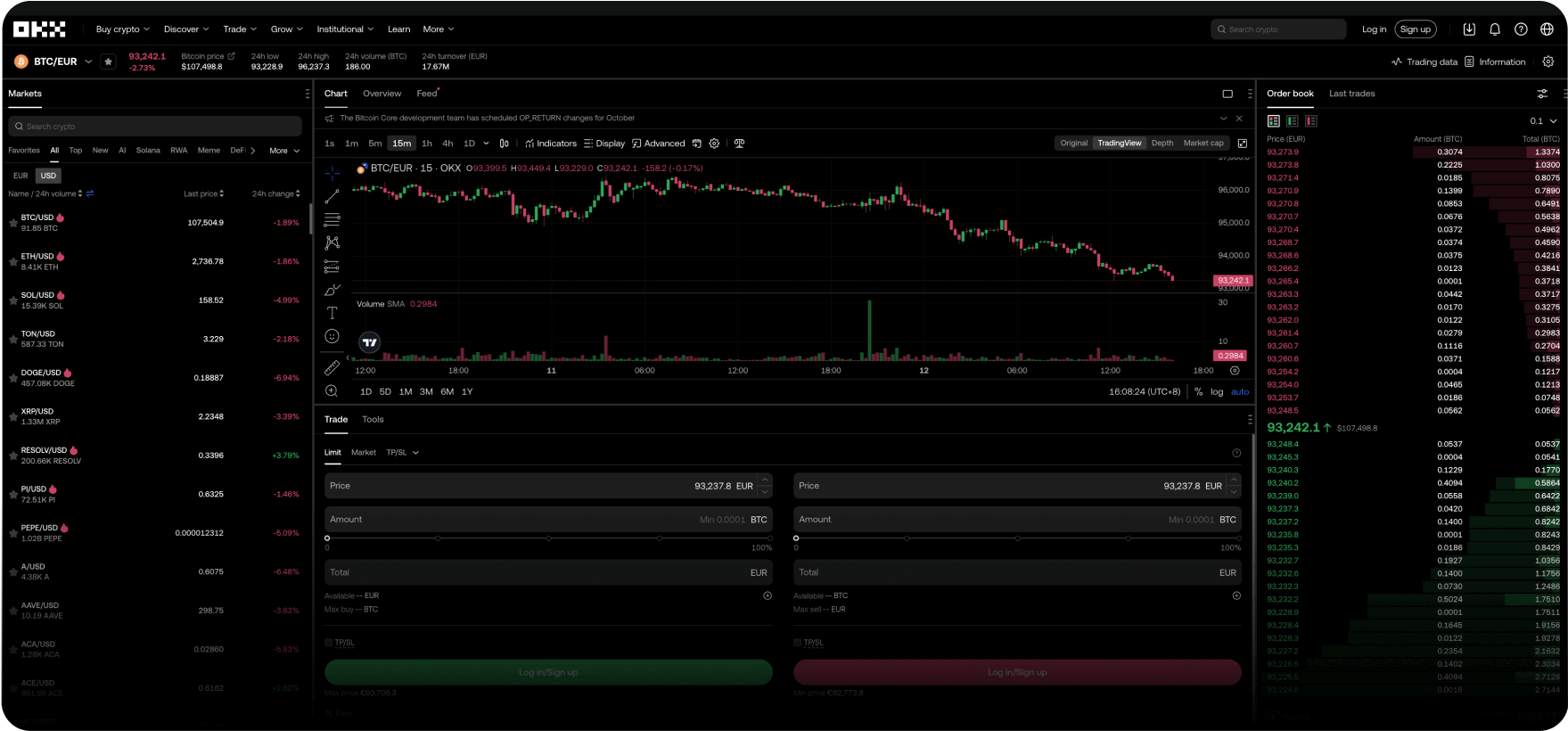Ditt globala konto för digitala dollar
Få våra lägsta avgifter, snabba transaktionerna, kraftfulla API:er och mer.

Vi är med dig under varje steg på vägen
Vi kommer att guida dig genom processen från att göra din första kryptohandel till att bli en erfaren handlare. Ingen fråga är för liten. Inga sömnlösa nätter. Ha förtroende för din krypto.
Tränaren Pep Guardiola
Förklarar "galna fotbollsformationer"
Transformera systemet
Välkommen till Web3
Snowboardåkaren Scotty James
Tar med sig hela familjen
Frågor? Vi har svar.
Vilka produkter tillhandahåller OKX?
Hur köper jag Bitcoin och andra kryptovalutor på OKX?
Var är OKX baserat?
Kan EU-medborgare använda OKX?



